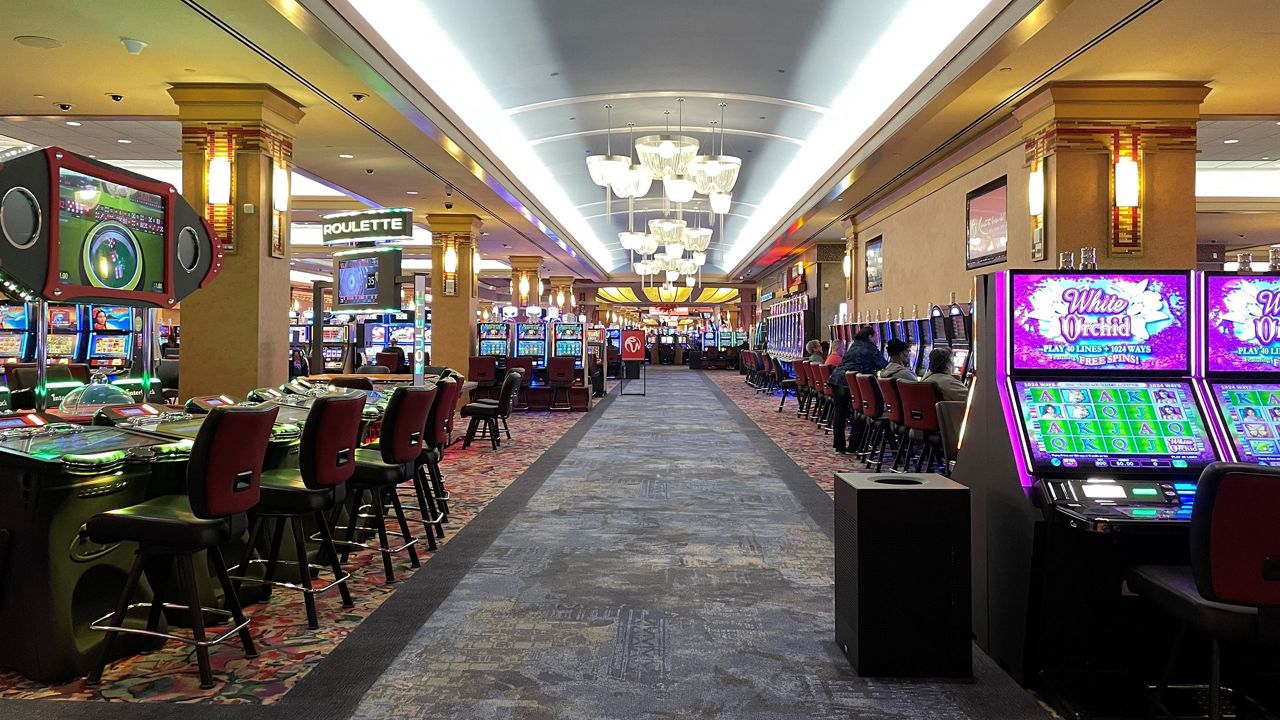In the world of gambling, in which chance and strategy converge, a unique tapestry of beliefs manifests—one that weaves together luck, fate, and the enigmatic nature of casino games. Casinos, bustling with excitement and anticipation, are not just places for placing bets; they are also arenas in which superstitions thrive. Ranging from the novice player to the seasoned gambler, these mysterious practices often shape how individuals approach the games they play, holding the belief that their actions can affect the outcome in ways that go beyond mere probability.
As players gather around roulette wheels, blackjack tables, and slot machines, the atmosphere is thick with stories of lucky charms, rituals, and codified behavior that defy logic yet provide a sense of comfort. It could be the case that it’s wearing a specific outfit, following a particular sequence of bets, or even avoiding certain numbers, the attachment to various superstitions reflects a deep-rooted desire to control the uncontrollable. This article delves into the captivating world of casino game superstitions, investigating the beliefs that both entertain and mystify those who dare to play.
Historical Roots of Superstitions
Casino games have long been interwoven with an variety of superstitions that can be traced to primitive civilizations. The beginnings of these beliefs can be associated to humanity’s fundamental desire to control the unpredictable outcomes associated with fortune and randomness. In primitive civilizations, games of chance were often linked to ritualistic practices. Gamblers would call upon blessings or ask for favor from gods, believing that their actions could change the results in their advantage. This groundwork laid the foundation for the multitude of superstitions that spread as betting evolved over time.

During the medieval period, betting became a common pastime across the continent, and with it, a rich tapestry of superstitions emerged. Participants adopted various rituals and charms, believing they could change the consequences of games. The significance of numbers, in particular, started to appear in superstitions pertaining to card games and dice. The number 7 was often considered favorable, while different numbers carried bad connotations. These notions mirrored the social contexts of the time, evolving as they moved through generations and adapted to different gaming environments.
As gaming establishments emerged in the 1600s, particularly in the Italian peninsula and the French nation, the atmosphere surrounding gambling became saturated in enigma. Sonclub The growing accessibility of casino activities allowed for the spread and growth of superstitions among players. Concepts like charmed charms, specific seating locations, and rituals gained prevalence, creating a special culture within betting houses. As these traditions continued to thrive, they became essential to the character of gambling activities, illustrating how history and culture shape the notions that influence how players engage with chance.
Common Gambling Superstitions
Beliefs surrounding casino activities are plentiful and diverse, reflecting the dreams and anxieties of players as they engage in chance-based activities. One of the most common views is that certain numbers bring fortune or misfortune. For example, the number seven is often seen as a favorable number, frequently sought after by gamblers looking for a positive result. Conversely, the digit 13 is routinely considered unlucky, leading many players to avoid it during their gaming sessions.
Another common superstition relates to rituals that players believe can affect their chances. It could be blowing gently on dice before a roll, using a specific hand to place a bet, or even putting on particular items of attire, many people feel that these actions can tilt luck in their benefit. These rituals offer a sense of control in an otherwise unpredictable environment, strengthening the idea that fortune can be created through individual beliefs and habits.
Finally, the environment and atmosphere of the gambling house itself adds to superstition. Many gamblers suggest that the presence of specific icons, such as four-leaved clovers or fortunate coins, can enhance their chances of winning. Additionally, gamblers might adhere to the notion that winning streaks can be interrupted by mundane occurrences, such as a person passing by or a accident at the gaming surface. The shared atmosphere in a gambling house can amplify these beliefs, creating a shared culture of superstitions that transcends individual experiences.
Impact of Superstitions on Players
Beliefs play a crucial role in the mindset of casino players, often influencing their behavior and choices. A lot of gamblers think that luck can be manipulated through various rituals, such as wearing a lucky charm, selecting specific colors, or avoiding certain numbers. This dependence on superstitions can create a sense of authority in an environment that is intrinsically unpredictable. Players often feel more confident and involved when they think that their actions could sway the outcome of a game in their advantage.
The influence of these superstitions extends beyond individual players, affecting the general atmosphere within the casino. For example, a player who holds the belief in the luck of a certain slot machine might attract a gathering, as onlookers are fascinated by their apparent luck. This shared belief can amplify excitement and create a dynamic environment, leading to an captivating experience even for those who may not necessarily be believers themselves. The excitement around certain games can lead to higher participation and longer playing sessions, supporting the casino’s lively social scene.
In some instances, superstitions can lead to detrimental effects for players. Relying too much on rituals can result in poor gambling decisions, as some may overlook basic strategies in favor of baseless beliefs. Additionally, the stress to perform rituals may increase anxiety and stress levels, detracting from the enjoyment of the experience. Ultimately, while superstitions can enhance the excitement of playing casino games, they can also lead to unwise choices that overshadow the enjoyment and amusement intended in the casino experience.